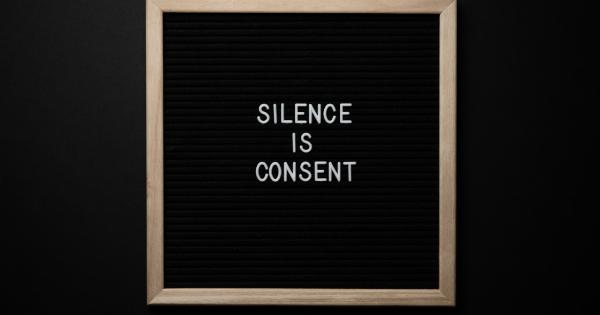Gastroesophageal reflux disease, or GERD, is a common digestive disorder that affects people of all ages. In infants, GERD is usually caused by an immature digestive system, leading to stomach contents flowing back up into the esophagus.
This can cause discomfort and vomiting, which can be alarming for parents. Understanding GERD in infants can help parents manage the condition and provide comfort for their child.
What is GERD in Infants?
GERD occurs when stomach contents flow back up into the esophagus, causing irritation. Normally, a muscle called the lower esophageal sphincter (LES) keeps the contents of the stomach from flowing back into the esophagus.
In infants, the LES may be immature and not function properly, allowing stomach contents to reflux back into the esophagus. This can lead to pain and discomfort, and can also cause vomiting.
Symptoms of GERD in Infants
The most common symptom of GERD in infants is spitting up or vomiting after feeding. Other symptoms may include:.
- Arching the back during or after feeding
- Coughing or wheezing
- Irritability after feeding
- Poor weight gain
- Breathing difficulties, such as apnea or choking
If you suspect your infant has GERD, it is important to speak with your pediatrician. They can help diagnose and treat GERD in infants.
Treatment for GERD in Infants
There are several ways to treat GERD in infants. Your pediatrician may recommend:.
- Feeding your baby smaller, more frequent meals
- Keeping your baby upright for at least 30 minutes after feeding
- Avoiding overfeeding or letting your baby fall asleep while feeding
- Burping your baby regularly during feeding
- Using a thickener in your baby’s milk to minimize reflux
- Elevating the head of your baby’s crib
- Medications, such as antacids or proton pump inhibitors
Your pediatrician may also recommend further testing, such as an upper GI series, to determine the severity of your baby’s GERD.
Preventing GERD in Infants
There are several steps you can take to prevent GERD in infants:.
- Feed smaller, more frequent meals
- Avoid overfeeding
- Do not let your baby fall asleep while feeding
- Burp your baby regularly during feeding
- Avoid feeding your baby lying down
- Elevate the head of your baby’s crib
- Avoid exposing your baby to cigarette smoke
- Avoid giving your baby foods that may aggravate GERD, such as spicy or acidic foods
Taking these steps can help prevent GERD in infants and reduce the severity of symptoms if they do occur. If you have concerns about your baby’s feeding habits or symptoms, don’t hesitate to speak with your pediatrician.
When to See a Doctor
If your infant is experiencing symptoms of GERD, it is important to speak with your pediatrician. They can help diagnose and treat your baby’s condition.
It is also important to seek medical attention if your baby is experiencing severe or frequent vomiting, difficulty breathing, or signs of dehydration.
Conclusion
GERD is a common digestive disorder that can affect infants.
Symptoms may include spitting up or vomiting after feeding, arching the back during or after feeding, coughing or wheezing, irritability after feeding, poor weight gain, or breathing difficulties. Treatment may include feeding smaller, more frequent meals, keeping your baby upright after feeding, and medications.
You can help prevent GERD in infants by feeding smaller meals, avoiding overfeeding, and not letting your baby fall asleep while feeding. If you have concerns about your infant’s feeding habits or symptoms, speak with your pediatrician.




























